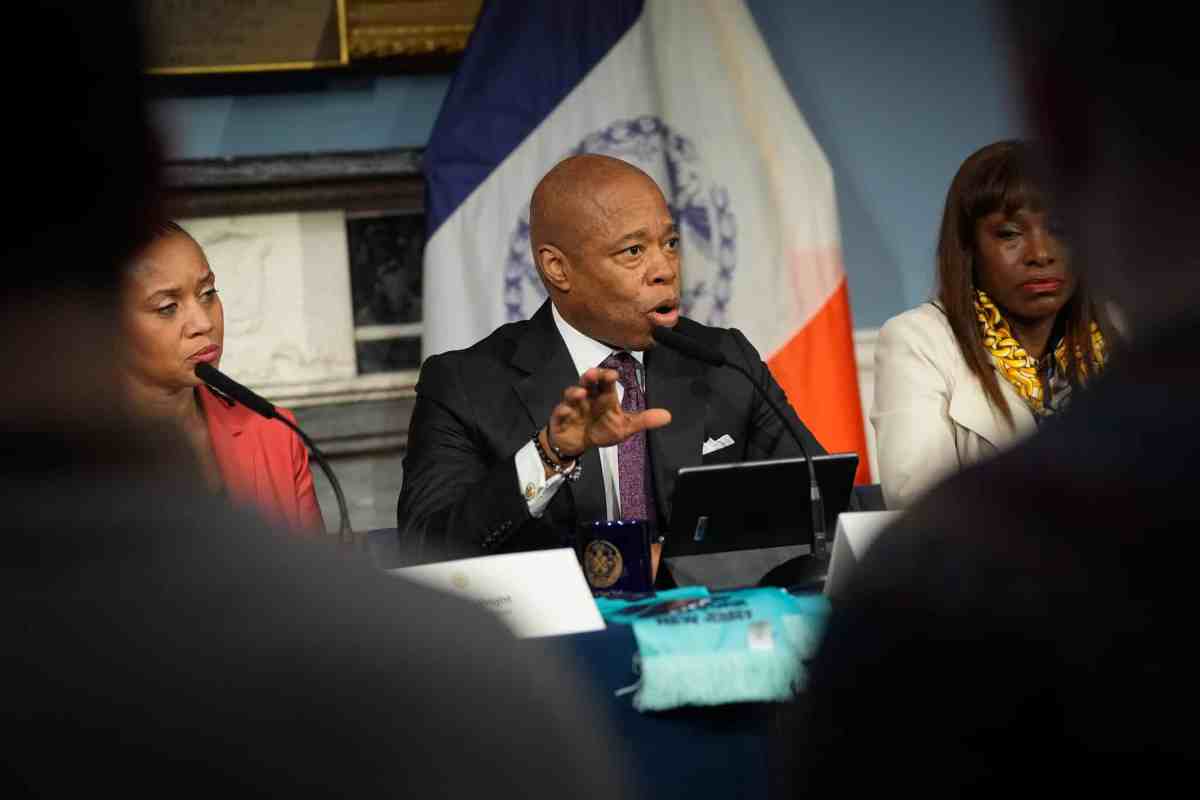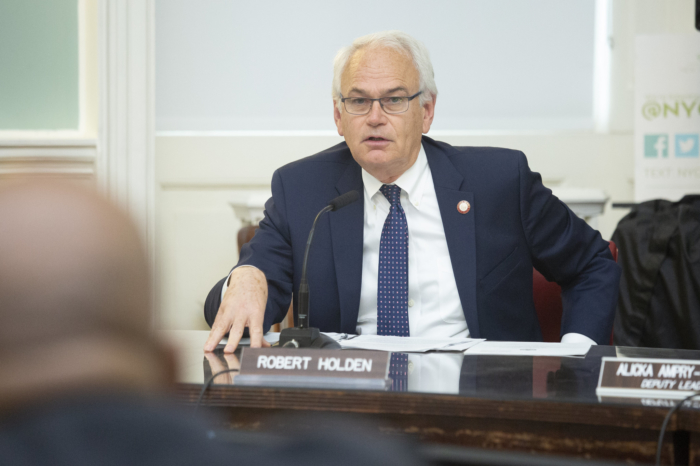Hopefully, this will be the final chapter in the saga of Sean Bell, who was fatally shot by the police.
Bell, 23, was leaving his bachelor party in South Jamaica in the early morning hours on his wedding day when police fired 50 bullets in his direction. It would later be determined that Bell and his friends were unarmed.
Last week, Detective Gescard Isnora, the undercover officer who fired the first round, was fired and three other officers were asked to resign. Isnora will not receive a pension or health benefits. The three other police officers, Detectives Michael Oliver and Marc Cooper and Lt. Gary Napoli, will receive part of their pension and health benefits.
The undercover team was investigating suspected drug and prostitution operations at a strip club where Bell was celebrating. Isnora opened fire first. Oliver and Cooper followed with 31 and four shots.
The three had been found not guilty of criminal charges by a judge in 2008, but Isnora was found by the judge to have acted recklessly in an administrative hearing. The city later settled with Bell’s relatives and friends for $7.15 million in a civil trial.
Nicole Paultre-Bell, Bell’s fiance who would have married him later that day, greeted the news of the firing with dignity and courage.
“What more can we ask for now?” said Valerie Bell, Sean’s mother. “Nothing is going to bring him back.”
Bell’s family will focus now on the Sean Elijah Bell Community Center, which opened last year, and taking care of Bell’s two daughters.
We hope the firing and resignations will aid the community in the healing process.
There is no evidence that Isnora is a racist or that he or his partners acted out of malice. They were fired and asked to resign not for their intentions but for their lack of professionalism. People who carry shields and guns must be held to the highest standard.
The people of South Jamaica need a healthy relationship with the police who serve them. The area continues to suffer from violent gangs, drugs and illegal guns that are too accessible. They need to trust the people who are being paid to protect them.
At the same time, the police need to know that the community respects the people who risk their lives every day to keep streets safe.
































